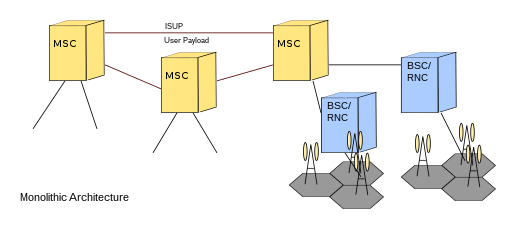Minimizing Microservices Complexity with Reusable APIs
Modern enterprise applications are built by developers using the orchestration of a complicated web of microservices. As the range of applications and microservices grows, so do the intricacies of the orchestration. As a result, we must consider minimizing Microservices complexity with reusable APIs. Reusable APIs resolve the complexity issue by enabling various applications to be reliant on a few individual… Continue readingMinimizing Microservices Complexity with Reusable APIs









